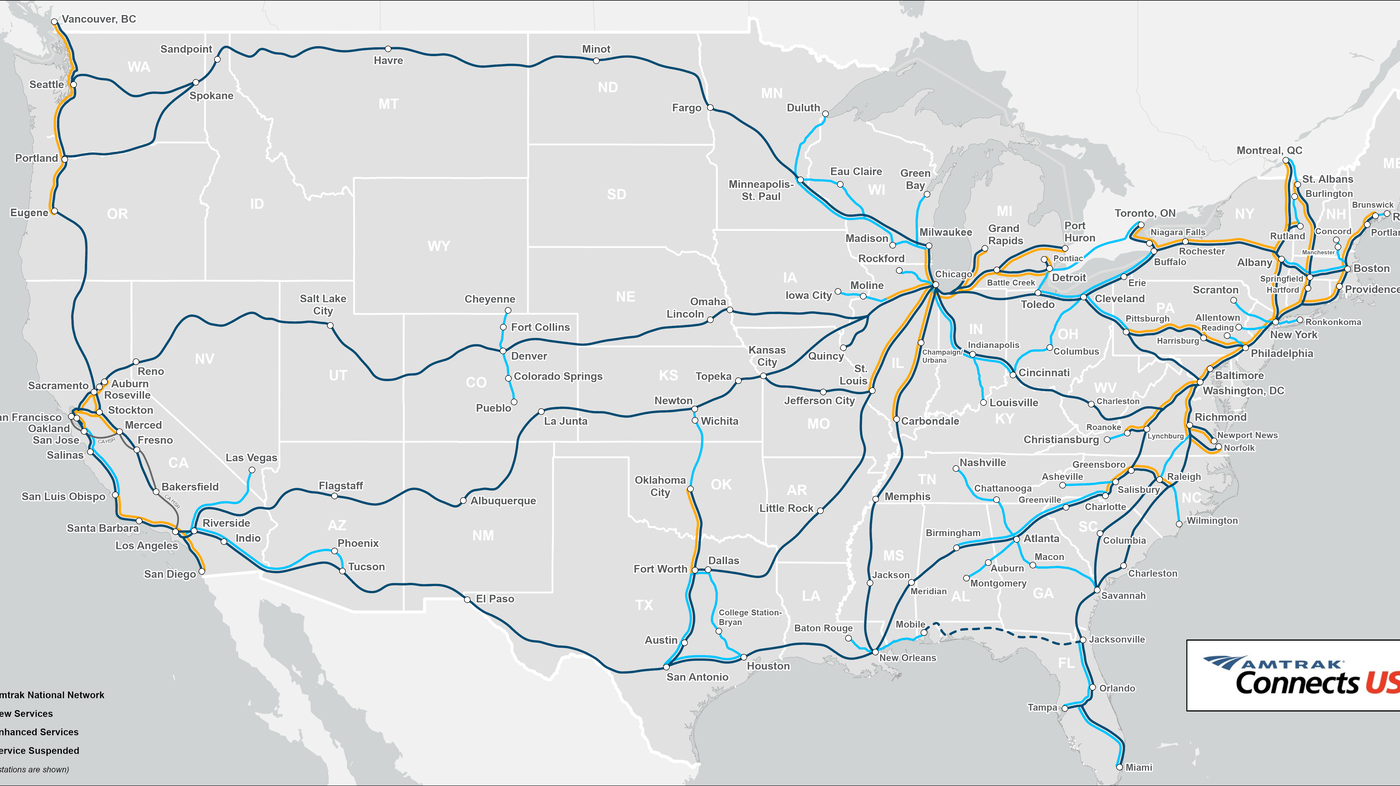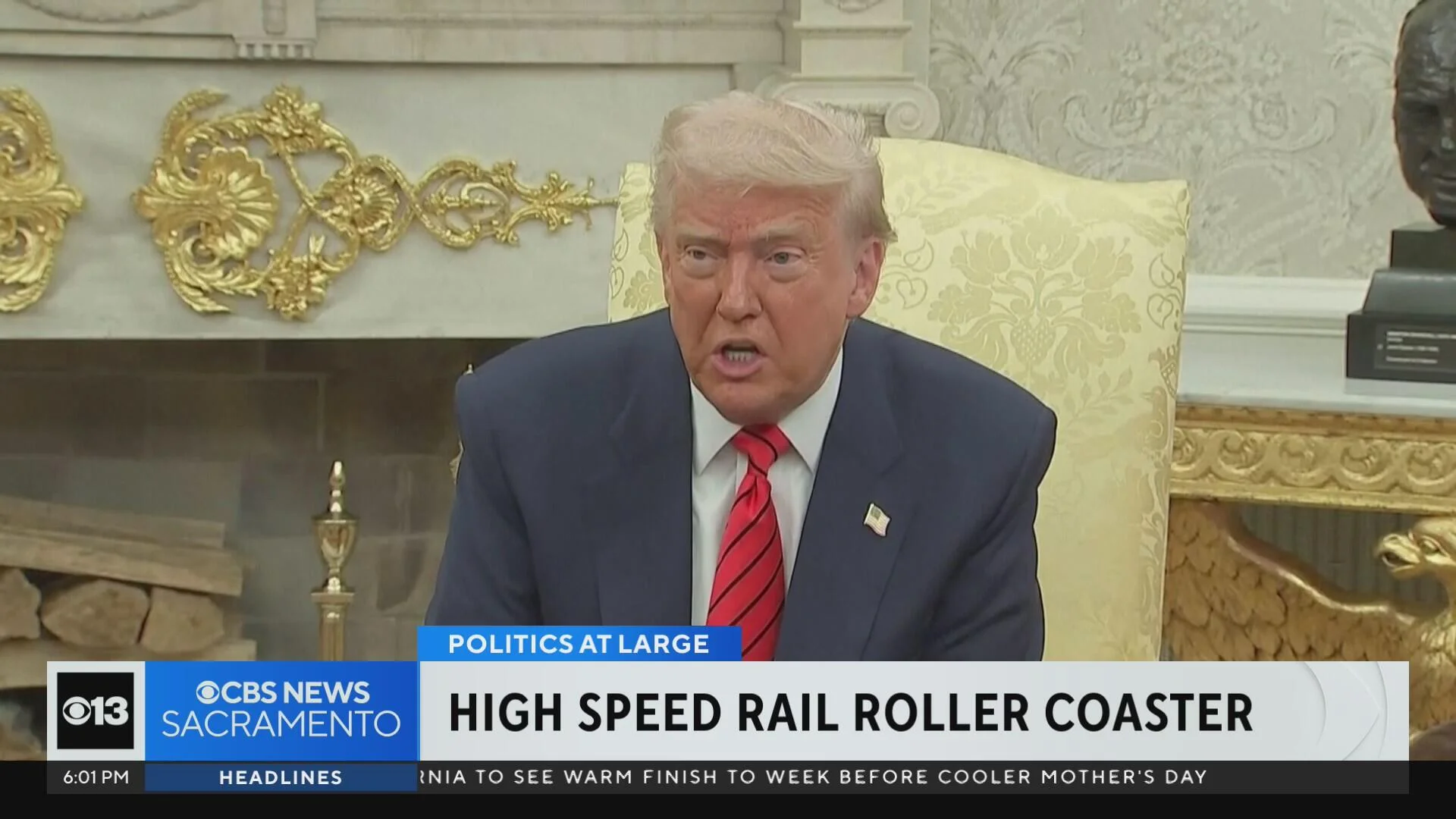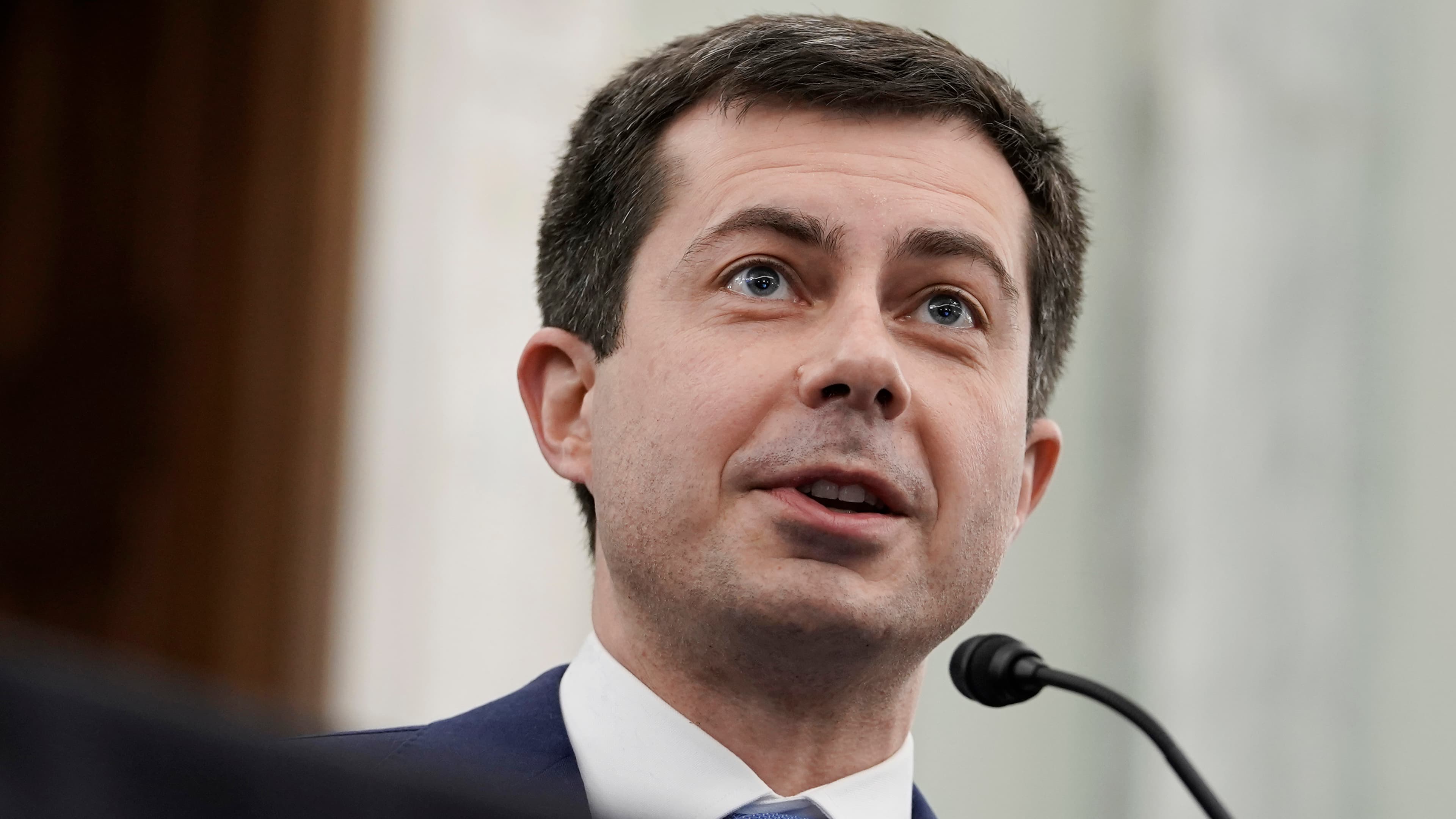Historic Investment Transforms Intercity Rail
The Biden-Harris administration is pushing intercity passenger rail into the spotlight with a staggering $146 million allocation through the Federal Railroad Administration"s Restoration and Enhancement Grants Program. This funding is not merely a financial boost; it represents a critical shift towards a more reliable, efficient, and accessible rail network across the United States. According to the Department of Transportation, this investment is integral to strengthening service on six key routes, ensuring that millions can rely on rail travel in a way that was previously unimaginable.
Amtrak"s Infrastructure Map Unveils Ambitious Expansion
As reported by Amtrak"s official infrastructure map, the agency is not just maintaining existing services but is revolutionizing its operations. The ambitious expansion includes new bridges, tunnels, and trains that will connect over 500 cities, towns, and rural areas. This effort promises to enhance mobility, reduce traffic congestion, and lower carbon emissions, aligning with progressive goals for sustainable transportation.

Amtrak"s 2035 Map Has People Talking About The Future Of U.S. Train ...
Labor and Economic Growth at the Forefront
These infrastructure investments also underscore a commitment to a strong American workforce. By partnering with private-sector entities, Amtrak is creating jobs that not only bolster the economy but also foster regional development. As highlighted in the Infrastructure Investment and Jobs Act, there is a clear recognition that a robust rail system can serve as an engine for economic revitalization, especially in areas that have historically been overlooked.
Environmental Benefits of a Modern Rail System
The environmental implications of a revitalized rail network are profound. As the nation grapples with climate change, intercity passenger rail offers a greener alternative to road and air travel. By investing in rail infrastructure, we are not just improving transportation options; we are actively participating in the fight against climate change. The Congressional Research Service reports that a shift to rail can significantly reduce greenhouse gas emissions, making this investment doubly impactful.

Trump slams California High-Speed Rail Project, dares Newsom to run for president
Challenges Ahead for Amtrak and the Biden Administration
Despite the progress, challenges loom large. The current political climate is fraught with opposition to federal spending, and the sustainability of these ambitious projects can be questioned. The Federal Railroad Administration must navigate a complex landscape of regulations and public sentiment that can hinder the rapid implementation of these plans. As we forge ahead, the need for transparency and public engagement becomes critical to ensure that this initiative is not just a fleeting moment of progress but a lasting legacy for future generations.







![[Video] Gunfire between Iraqi security forces and Sadr militias in Baghdad](/_next/image?url=%2Fapi%2Fimage%2Fthumbnails%2Fthumbnail-1768343508874-4redb-thumbnail.jpg&w=3840&q=75)
